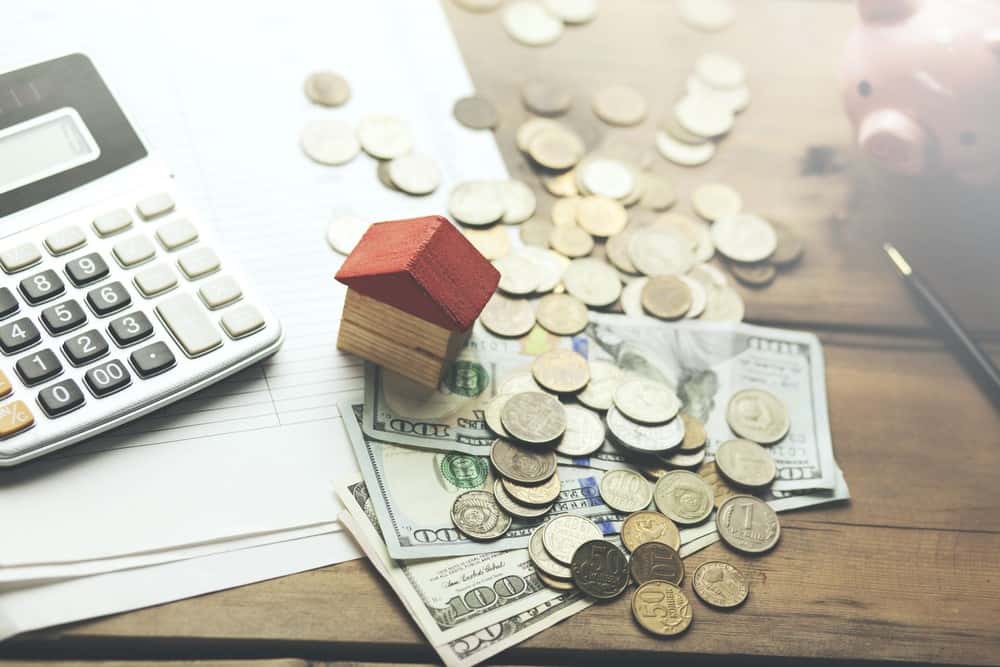After saving up, you are finally ready to make an offer on your dream home! Well done! But, there are some things you need to know before you book the moving truck… The sale price is just one piece of the pie. When it comes to underestimating other associated costs, first-time homebuyers are particularly vulnerable.
Knowing all the hidden costs of home buying is key to budgeting for those expenses. Here are four expenses you may not have expected.
1. Home Inspection
While not always required, most real estate experts agree that a home inspection is a must before you close on a home—even if it’s new construction. “Homebuyers really don’t understand how important it is to see what repairs are needed upfront,” says Harrine Freeman, a financial planner and owner of H.E. Freeman Enterprises. Hiring a pro to tell you the attic is full of termites or the plumbing is older than the huge oak tree out back is something that has to come out of your pocket—even if the inspection ultimately deters you from moving forward with the purchase. “Depending on where you live, home inspection fees could cost between $200 and $2,000,” says Brendon DeSimone, a real estate expert and author of “Next Generation Real Estate: New Rules for Smarter Home Buying & Faster Selling.” Yes, that’s a hefty price tag. But, if the inspection reveals something major, you might be able to negotiate more aggressively on the purchase price—or walk away from a potential money pit altogether. And if all is good, you’ll come away with peace of mind. Money well spent either way.
2. Appraisal
Mortgage lenders don’t want to be on the hook for a home that’s radically overpriced (and neither do you), so before they provide a loan, the lender requires an independent appraisal to determine the home’s worth. Appraisals are used to verify that the sale price of the home is equal to or lesser than the fair market value. The appraisal is ordered by the lender and is part of your closing cost and typically costs less than $500.00.
3. Closing Costs
Think of “closings costs” as a giant umbrella term that covers everything from attorney’s fees for handling the home buying contracts to taxes and association fees. Closing costs can be paid for by either the buyer or the seller and, depending on the arrangement, can typically range from 2 to 5 percent of the sale price. That may sound like peanuts at first blush, but if you’re eyeing a $250,000 home, you’re looking at anywhere from $5,000 to $12,500 depending on the type of loan program. One way to ease the sting: Be prepared. When you first meet with your lender, you need to ask about the general closing costs and loan fees to be expected given your pre-approval amount. You shouldn’t wait until you have a home tied up to know what those closing costs are.
4. Escrow Fees
Some mortgage lenders will require you to open an escrow account along with your mortgage agreement. (Escrow accounts are mandatory if you have a Federal Housing Administration loan.) That account will set aside funds each month for expenses that aren’t related to the actual mortgage (think property taxes and homeowners insurance). Not having to make one giant tax or insurance payment each year may save you some stress. You might have to make an initial escrow payment (typically one-twelfth of the estimated annual bill for taxes and insurance) during the close.
Are you looking to buy your first home? Let Mid America Mortgage guide you every step of the way. With over 30+ years of experience and knowledge in residential services, we make sure you are getting competitive rates and outstanding service.



